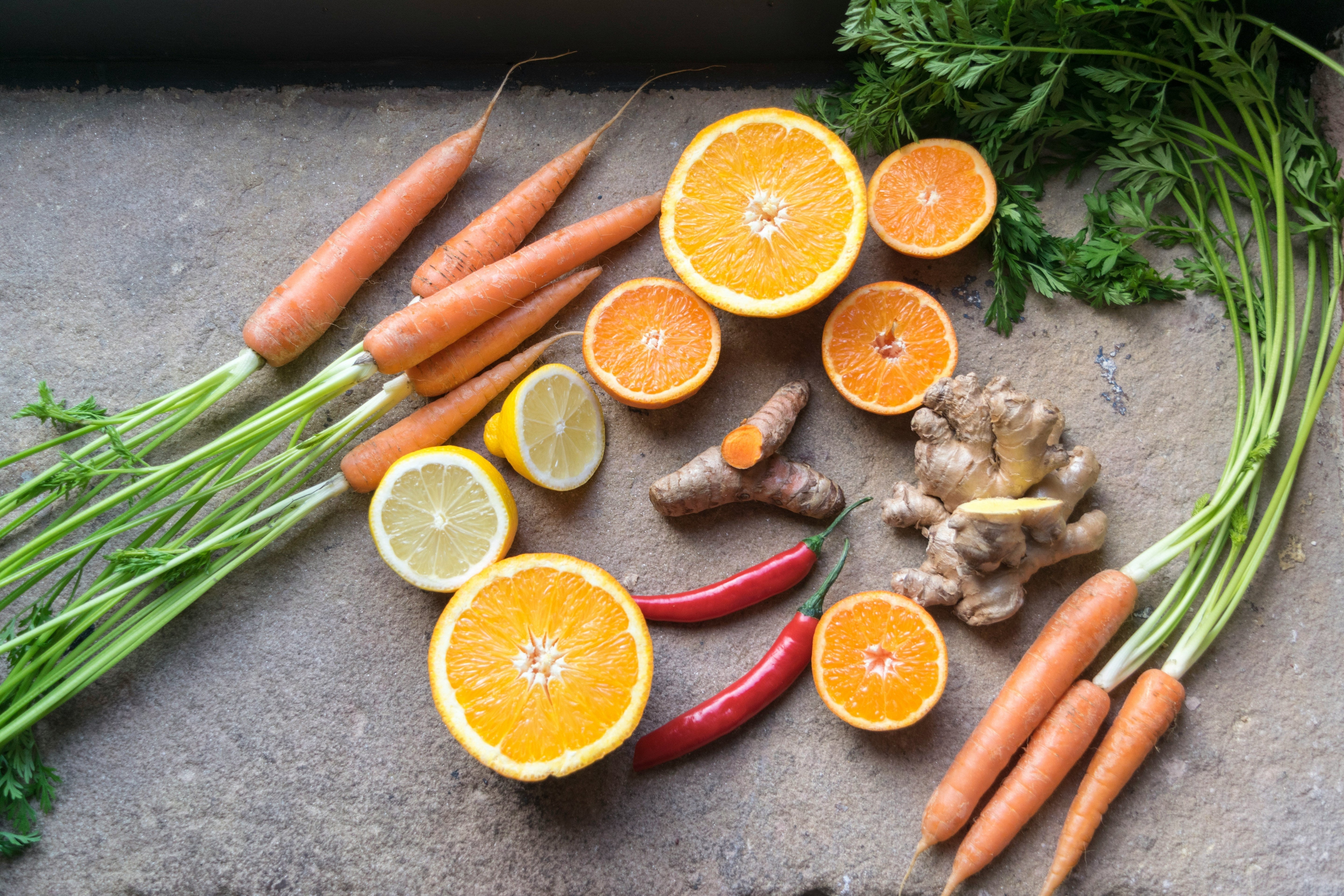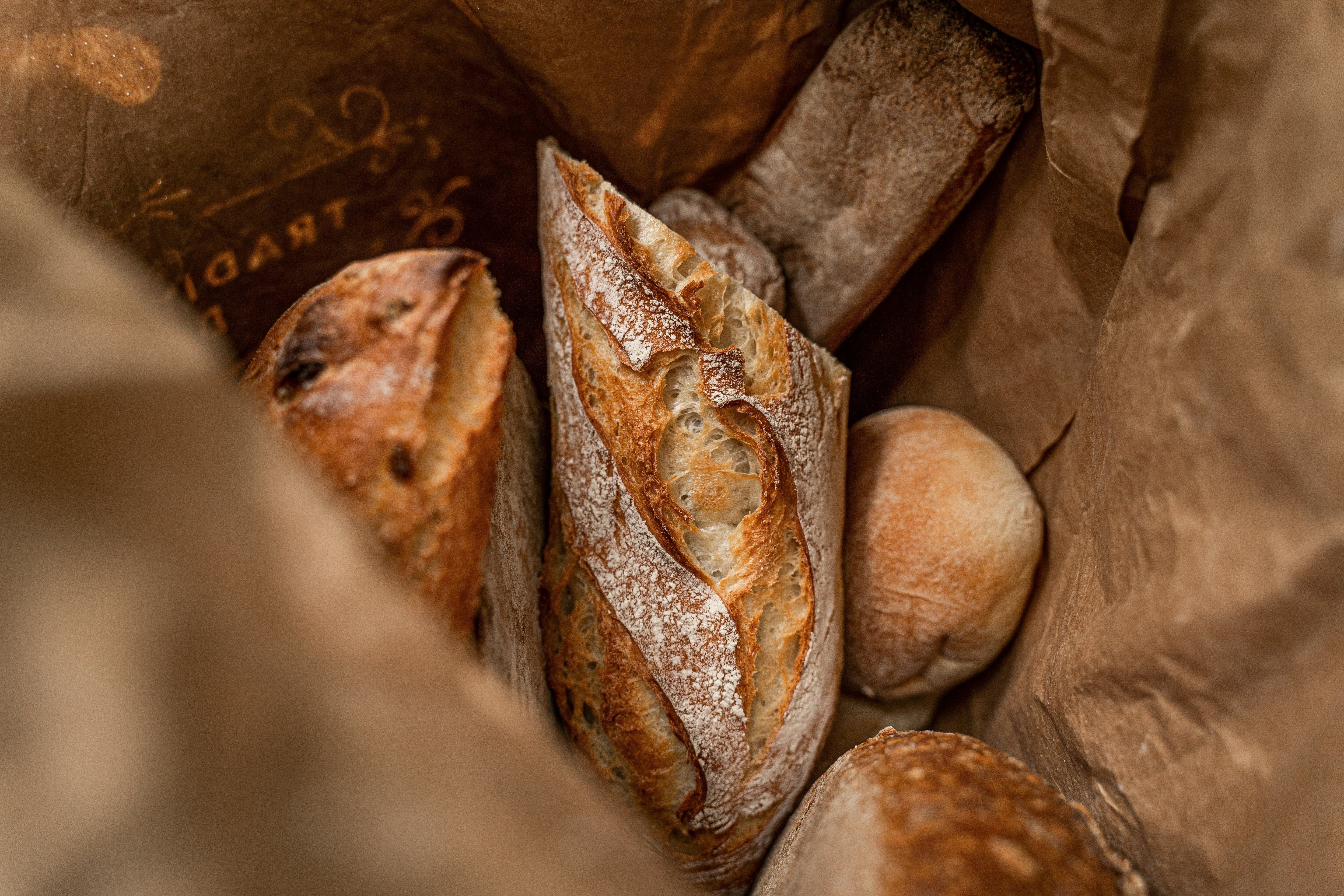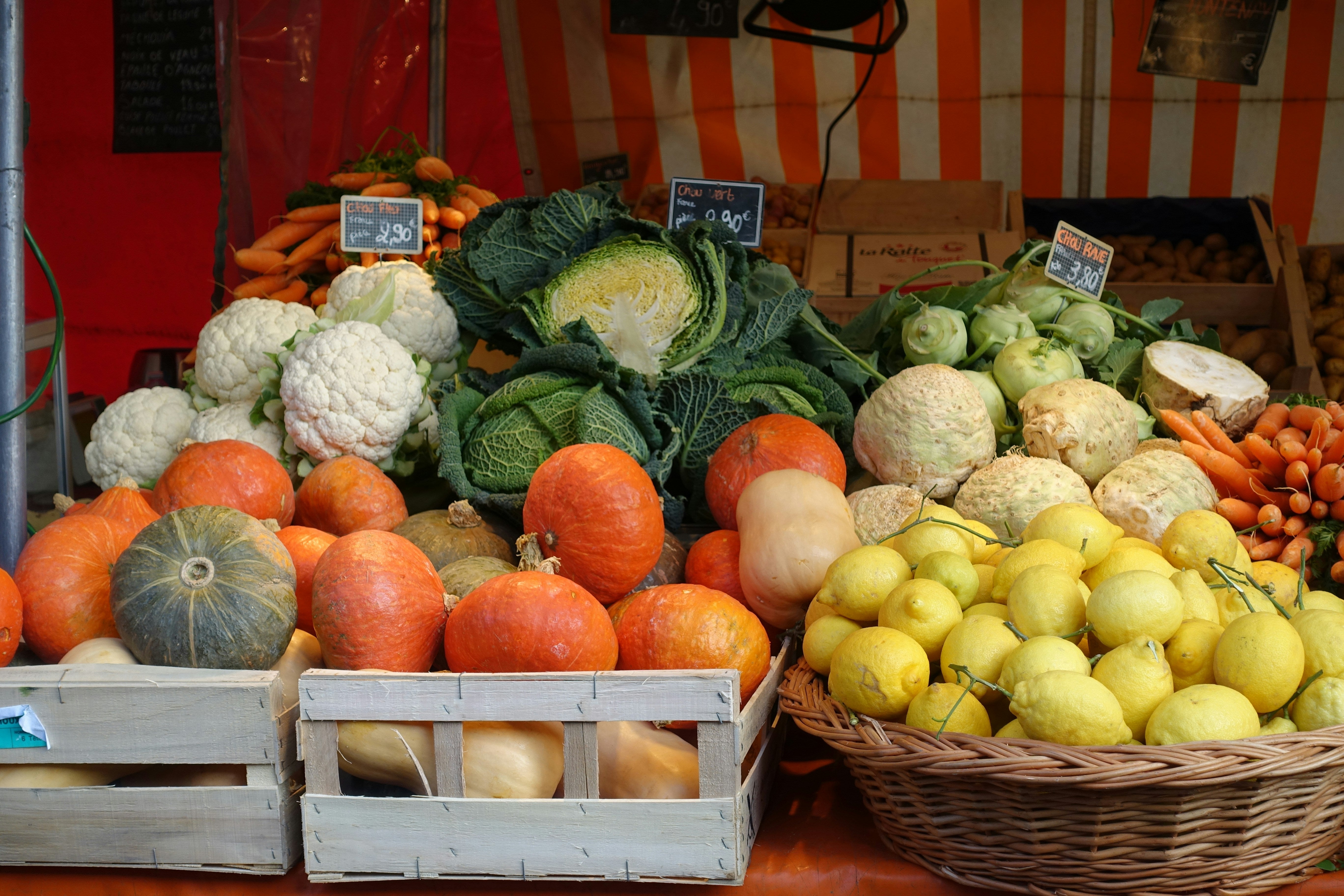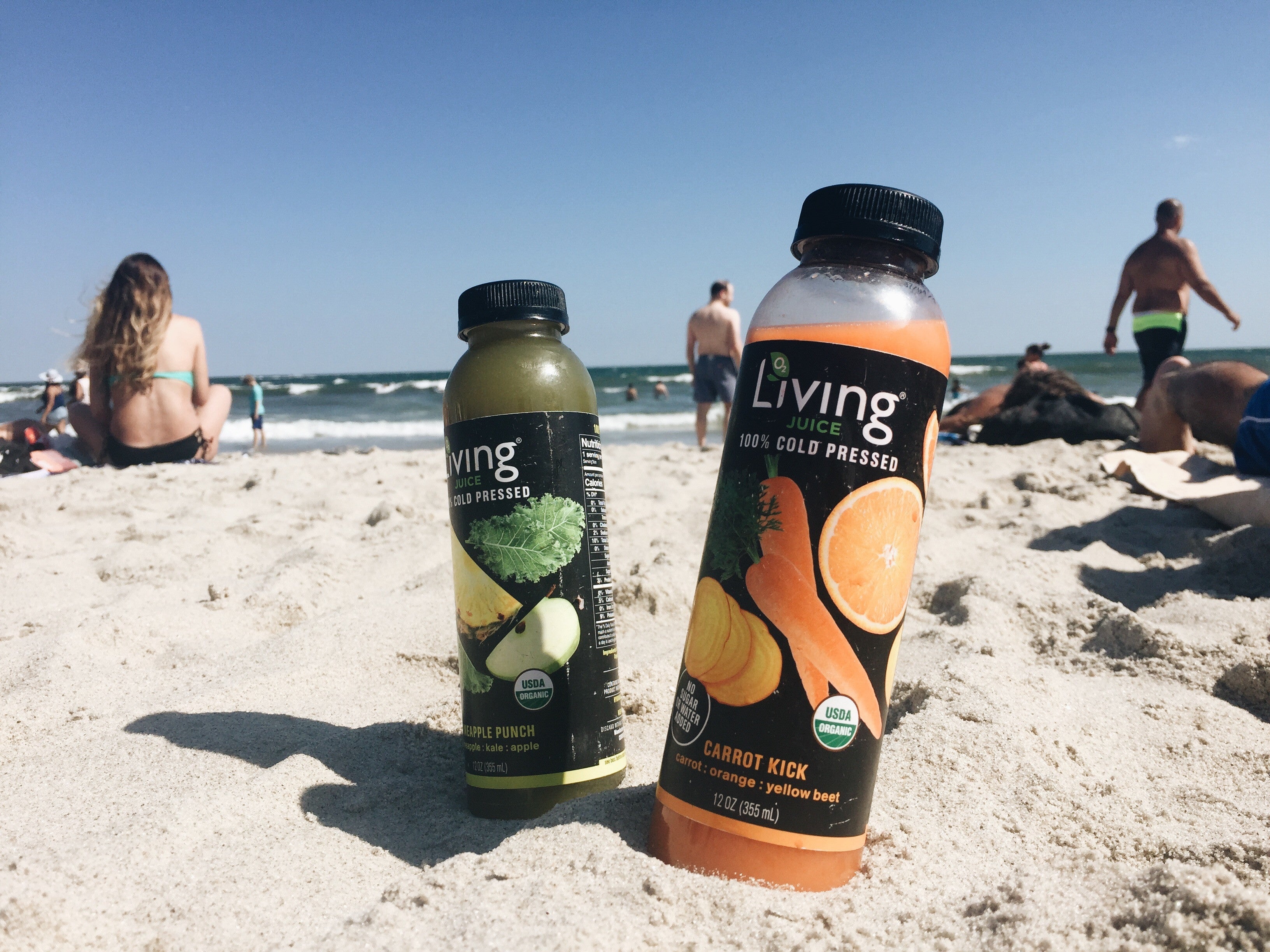5 Foods to Naturally Improve Your Digestive Health


While every body is unique, there’s one universal truth about digestion—what you eat can have a huge impact on how smoothly your digestive system runs.
If you’re dealing with bloating, gas, cramping, or irregular bowel movements, it’s often easy to pinpoint the culprits: greasy fried foods, heavily processed snacks, and rich, high-fat treats. Reducing or cutting these out is a great first step.
But here’s the part that sometimes gets overlooked: just as some foods can trigger discomfort, others can actively support healthy digestion and even soothe symptoms of conditions like Irritable Bowel Syndrome (IBS).
Let’s explore five nutrient-packed foods that can help keep your digestive system running like clockwork.
1. Yogurt (and Other Probiotic-Rich Foods)
You’ve probably heard of probiotics—the beneficial bacteria that help maintain a healthy gut microbiome. Yogurt is one of the best-known sources, and for good reason. Probiotics can help relieve common IBS symptoms like diarrhea, constipation, and bloating by balancing the bacteria in your digestive tract.
If the idea of eating bacteria seems counter-intuitive, remember: your gut is already home to trillions of microbes, many of which are essential for breaking down food and absorbing nutrients. Probiotic-rich foods simply help replenish and support those “friendly” bacteria.
Is dairy a no-go? No problem. You can find probiotics in plant-based alternatives like:
- Tempeh
- Sauerkraut
- Kimchi
- Miso
- Kombucha
The key is to choose options with live, active cultures for the maximum benefit.
2. Peppermint
Peppermint has been used for centuries as a natural digestive aid, and modern science backs it up. Multiple studies show that peppermint can relax the muscles of the GI tract, easing abdominal pain and allowing gas to pass more easily.
Researchers at the University of Adelaide even found that peppermint contains a compound that activates an anti-pain channel in the colon, making it particularly helpful for IBS sufferers.
Peppermint may also improve the flow of bile, a digestive fluid that helps break down fats, according to the University of Maryland Medical Center.
Ways to add peppermint to your diet include:
- Coated peppermint-oil capsules (a popular IBS remedy)
- Fresh mint leaves in smoothies or cold-pressed juices
- A warm cup of peppermint tea
Pro tip: Skip the peppermint candy, which is high in sugar and may aggravate digestive issues.
3. Ripe bananas
Bananas aren’t just a grab-and-go snack—they’re a gentle but powerful digestive ally. When adnominal cramps have got you down, magnesium, potassium and vitamin B6 are nutrients that will help you combat the pain—and bananas contain all three.
Bananas are also high in insoluble fiber and pectin, a type of soluble fiber that helps normalize bowel movements. This combination can help prevent constipation and promote a smoother digestive process.
If you’re feeling bloated or crampy, a ripe banana might be just the thing to settle your stomach while providing some lasting energy.
4. Ginger

Ginger ale has long been the treat of choice for sick days—and with good reason. Used for everything from morning sickness to motion sickness, ginger is like the ultimate backrub for your upset belly. Considered a carminative, it also helps prevent the build-up of gas in the GI tract, preventing gas and bloating, while also easing nausea.
However, if you truly want to reduce nausea and vomiting with this wonder root, it’s best to stay away from the carbonated sodas. Instead, try these:
- Chewing a piece of raw or candied ginger
- Drinking a ginger tea
- Organic, cold pressed juice that contains ginger (such as our Fresh Start juice)
- Adding grated ginger to stir-fries or salad dressings
Ginger also stimulates saliva production and digestive enzymes, making it easier for your body to break down food efficiently.
5. Carrots
Carrots are rich in both soluble and insoluble fiber, which means they help food move smoothly through the digestive tract while also feeding beneficial gut bacteria.
When eaten raw or cooked, carrots promote healthy bowel function. Juiced carrots, like those in our Carrot Kick, offer additional benefits: they provide potassium and calcium, which support muscle contractions—including those that keep food moving along the digestive system.
Whether you crunch them whole, blend them into smoothies, or enjoy them in your Living Juice, carrots are a versatile way to support gut health.
Good digestion isn’t just about avoiding “bad” foods—it’s also about embracing foods that help your body process nutrients efficiently and comfortably. By including probiotic-rich foods, refreshing peppermint, nutrient-packed bananas, soothing ginger, and fiber-rich carrots in your diet, you can take simple but powerful steps toward better gut health.
Remember, everyone’s digestive system is unique. If you’re dealing with chronic digestive issues, it’s always best to consult a healthcare professional. But for everyday digestive support, these five foods can be a delicious place to start.




